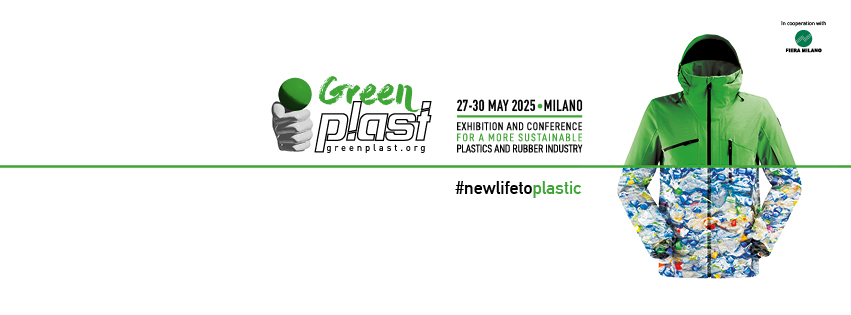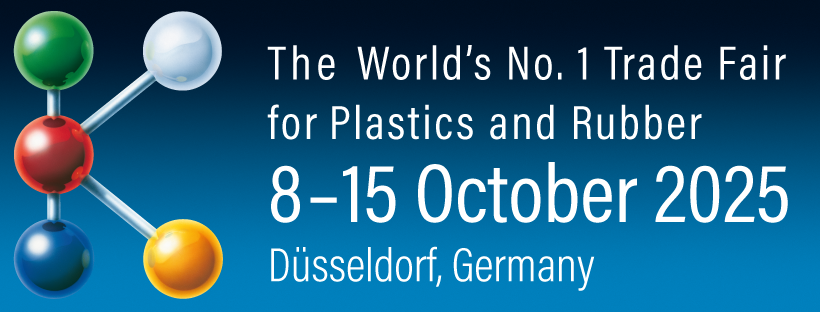Our ECOSTAR Bio polymers and innovative formulations are biodegradable and compostable, contain a very high percentage of plant origin, and are designed with sustainability in mind giving YOU the power to make a real difference.
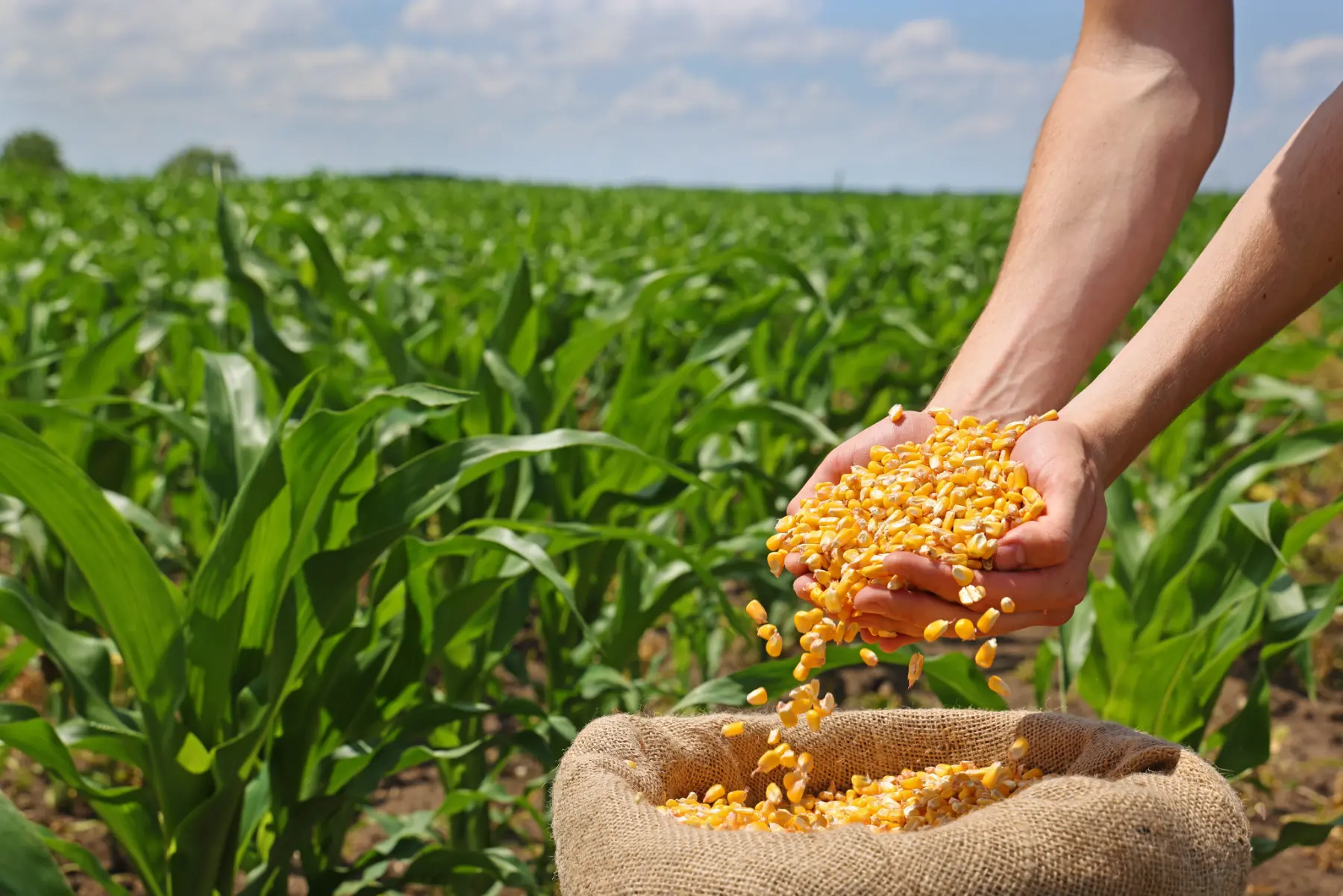
ECOSTAR Bio
We seek to inspire positive environmental change through concrete action by offering products that promote a better future. Our biodegradable plastic is a special type of material that has identical physical and mechanical characteristics to regular polyolefin plastic, but with the difference that it can be disposed of in special composting facilities within a few months, whether industrial or domestic.
The traditional plastic we are all used to using on a daily basis comes from petroleum processing and takes hundreds of years to degrade in the environment. To this we must add that it is hardly recycled and is often destined to be reduced in volume and then incinerated.
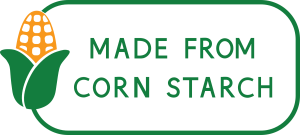 Biodegradable plastics, on the other hand, can be absorbed by the soil and become plant fertilizer and food again for microorganisms in the soil. Discovered in the mid-1970s, it is only since the beginning of the new millennium that biodegradable plastics have been spreading thanks to energy-saving and pollution-reduction policies, but like all changes, it needs will and persistence especially to increasingly reduce the cost of the raw material, which today is still higher than that of petroleum-based plastics.
Biodegradable plastics, on the other hand, can be absorbed by the soil and become plant fertilizer and food again for microorganisms in the soil. Discovered in the mid-1970s, it is only since the beginning of the new millennium that biodegradable plastics have been spreading thanks to energy-saving and pollution-reduction policies, but like all changes, it needs will and persistence especially to increasingly reduce the cost of the raw material, which today is still higher than that of petroleum-based plastics.
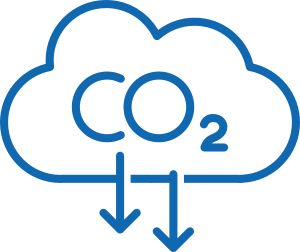 ECOSTAR Bio is an innovative family of bioplastics that uses plant components and biodegradable polymers made from both renewable and fossil-based raw materials.
ECOSTAR Bio is an innovative family of bioplastics that uses plant components and biodegradable polymers made from both renewable and fossil-based raw materials.
ECOSTAR Bio comes in the form of granules and can be processed according to the most common plastics processing technologies to make products with similar or even better characteristics than traditional plastics, but perfectly biodegradable and compostable within 180 days, according to EN 13432.
Sustainability
Why Compostable Bioplastics
Composting is currently applied on biodegradable organic waste. Waste from household waste, from bars, restaurants, canteens, communities. Traditional plastics are not allowed and if present are discarded because they are recalcitrant to biodegradation and therefore cause contamination of the final compost. Conversely, biodegradable plastics are allowed to be composted, but only if they meet the criteria established by the standards that define compostable materials. Composting of non-compatible materials has occurred in the past, in the absence of rules and in the anarchy of definitions and test methods, and has created much damage, especially in users’ trust in the technicians in charge of composting facilities. The European Standard EN 13432 on organic recycling of packaging by composting and the European Standard EN14995, which applies the same criteria to the more generic field of ‘Plastics’, have finally put an end to this situation.
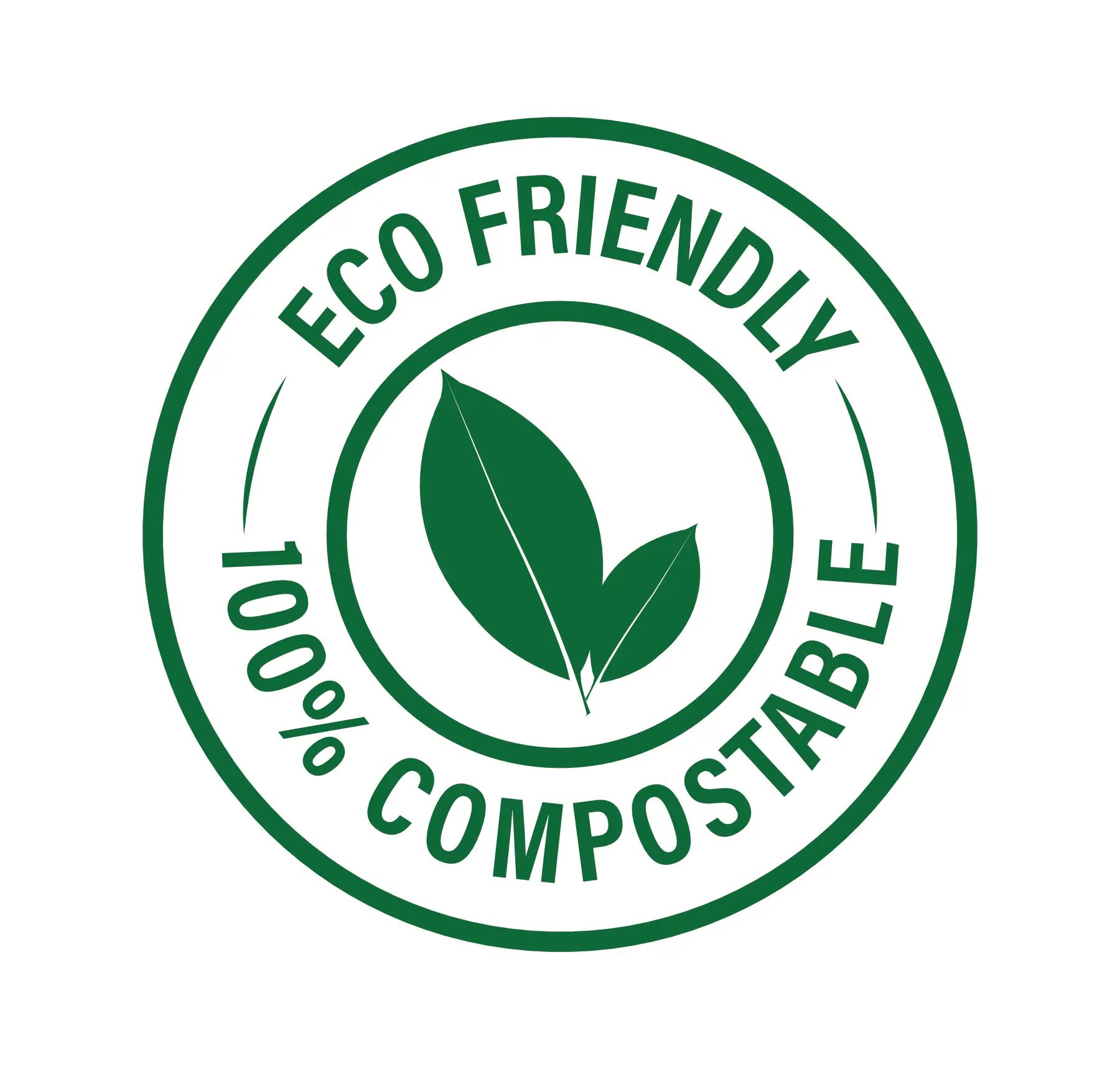
As versatile as plastic
Application Sectors
There are many applications and areas of use. ECOSTAR Bio‘s extreme flexibility and long experience in R&D and the development of new applications allows us to produce extremely customized products and effectively respond to the most diverse needs in many areas.
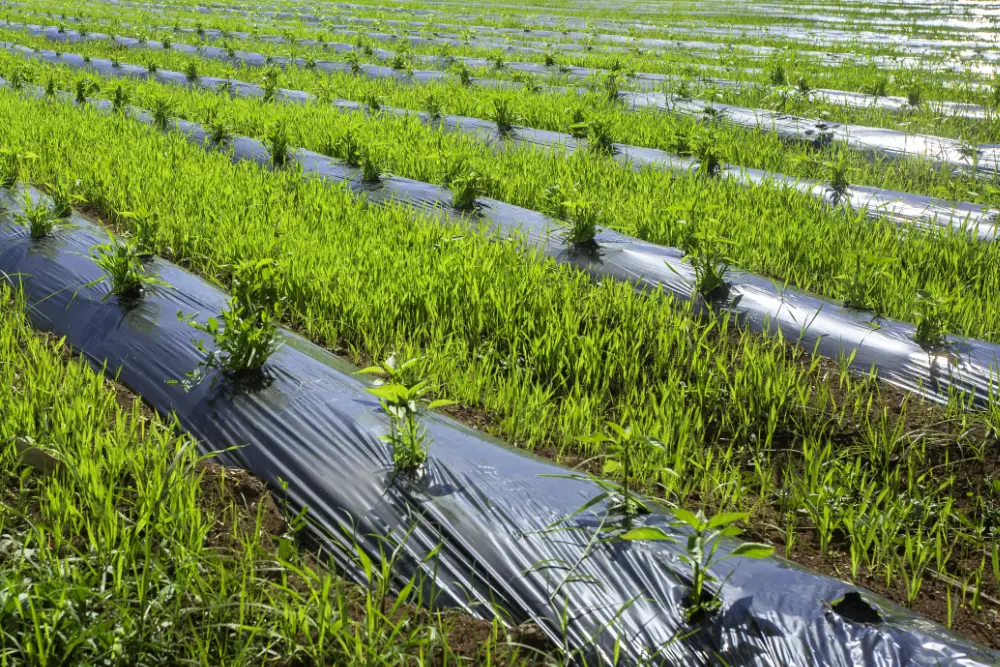
Agriculture
ECOSTAR Bio is the greenest solution for concrete sustainable actions.
No pollution, no plastic residues, no microplastics in the soil. No toxic residues, no heavy metals. Contains 0% polyethylene.
Compostable resin mulch film is a better alternative to traditional polyethylene mulch film. It is more environmentally and agronomically efficient while retaining its mechanical properties and use characteristics. Its use is identical to that of traditional mulch film, with an added advantage due to its compostable characteristics-an attractive attribute-that makes our compostable resin the best alternative for these applications. It eliminates all plastic waste and the need to dispose of it. Because it is certified as biodegradable, it transforms into organics under natural conditions, acting as an agent and nutrient for future crop.
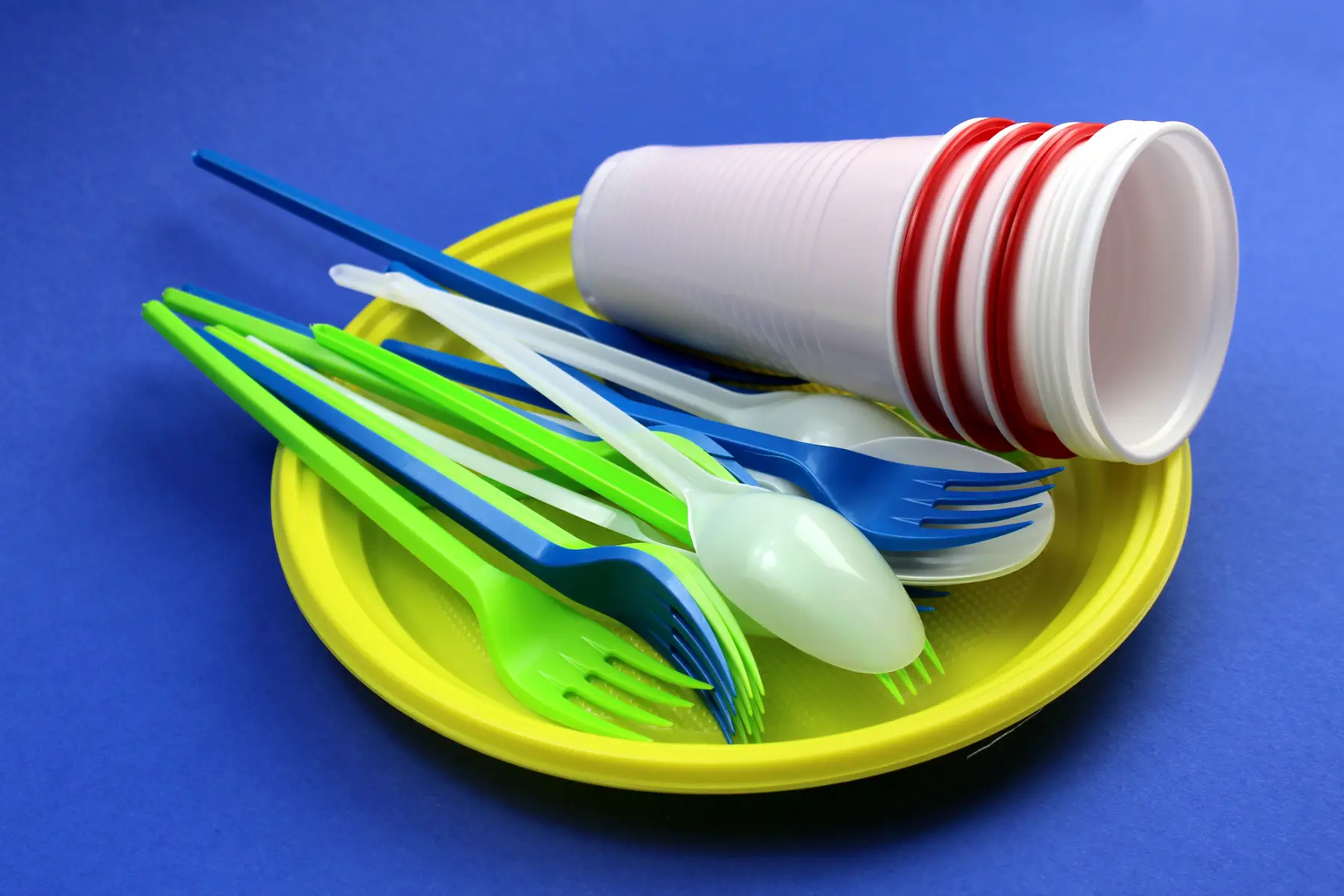
Collective catering
Corporate catering, large canteens, fast food, from catering companies providing meals for hospitals, schools, kindergartens to those working for major airlines.
Single-use plastic items-dishes, cutlery, straws, cotton swabs, drink mixers, and balloon sticks-account for 70 percent of marine waste. The sustainability of disposability is often overlooked, so much so that the consequences that some materials can have not only on the environment but also on health are not considered; products made from ECOSTAR Bio solve these problems and allow us to use them without fear, thanks to the fact that they are suitable for contact with food according to European regulations.
The items produced with ECOSTAR Bio are completely natural, of plant origin and without any added chemical components; in fact, they are light, ecological and pleasant to the touch, non-toxic and bio-compostable.
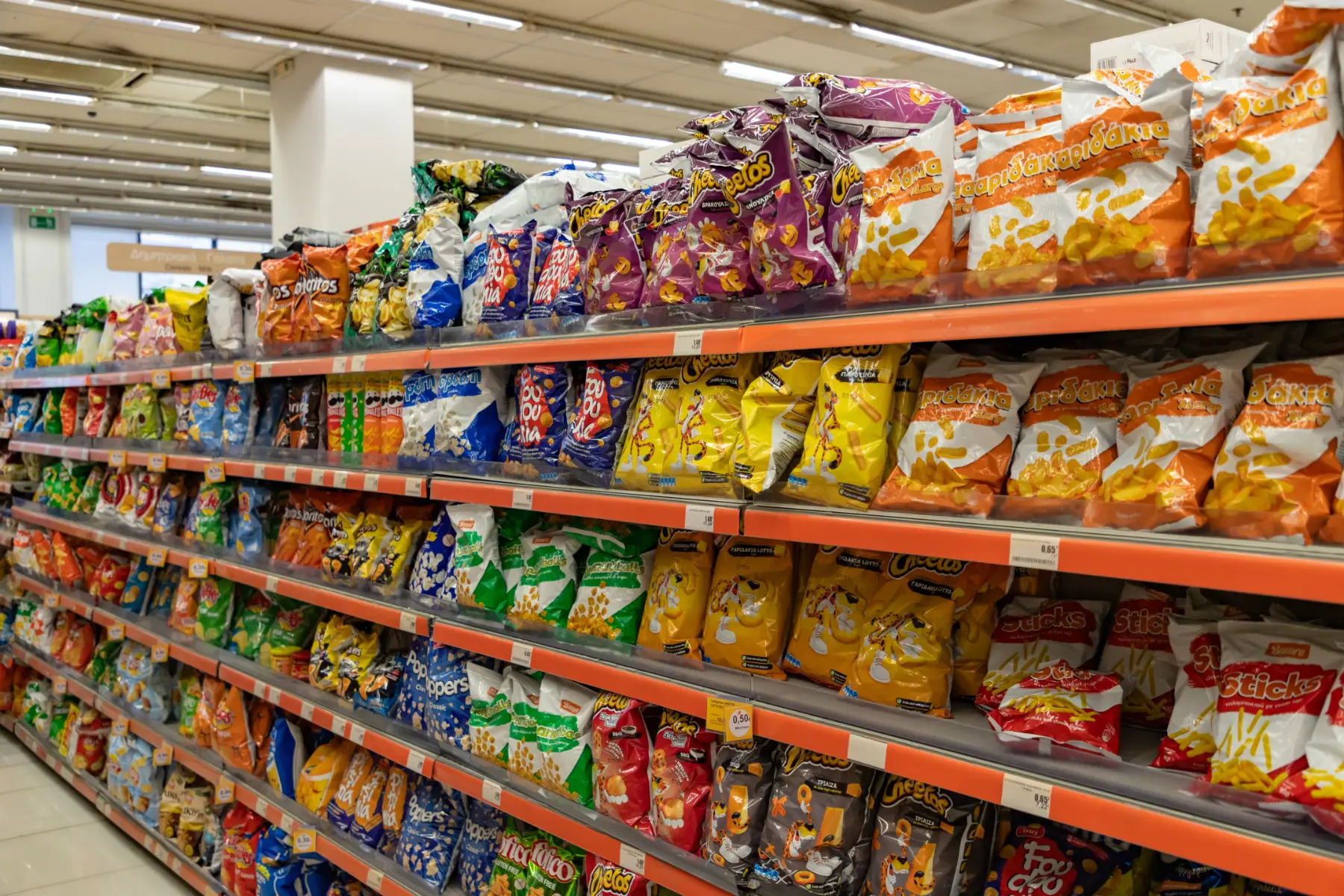
Flexible Packaging
Compostable resins can also be used in a wide range of packaging applications for fresh and dry food and non-food products, including bags, pouches, sealant films and lidding films, as well as jars and trays.
We believe that by providing the market with sustainable alternatives to plastic, we can encourage a better end-use cycle for packaging throughout the industry. We provide real bio-compostable solutions to packaging manufacturers in order to promote, support and inspire top-down solutions for consumers around the world.
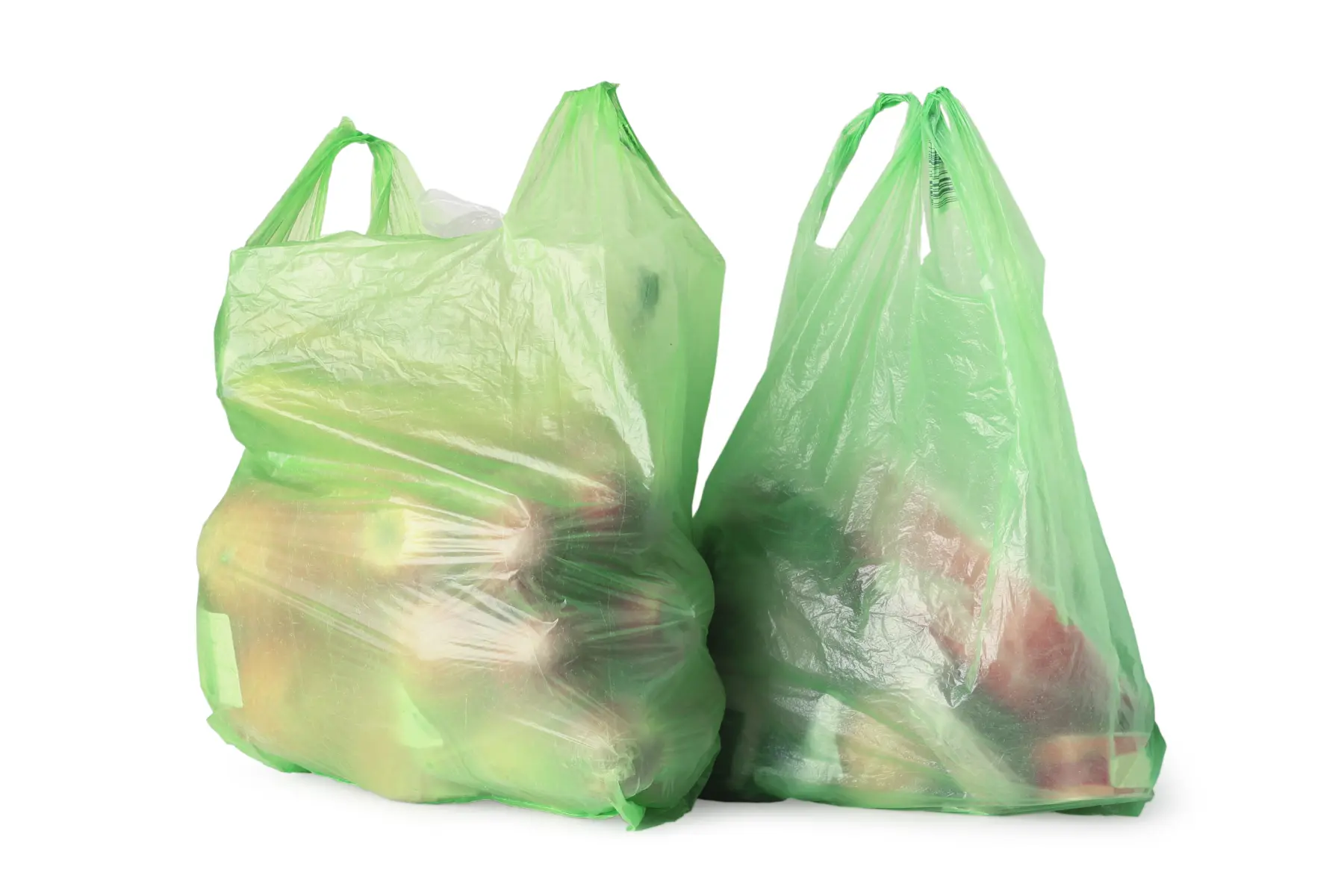
Retail and large-scale distribution
Shoppers for goods take-away, which can then also be reused for organic waste collection, and bags in the fruit and vegetable department produced with ECOSTAR Bio are successfully used in large-scale retail and distribution.
Shoppers and bags produced with ECOSTAR Bio are recognized for their qualitative excellence and very high mechanical performance, quite similar to those produced in polyethylene.
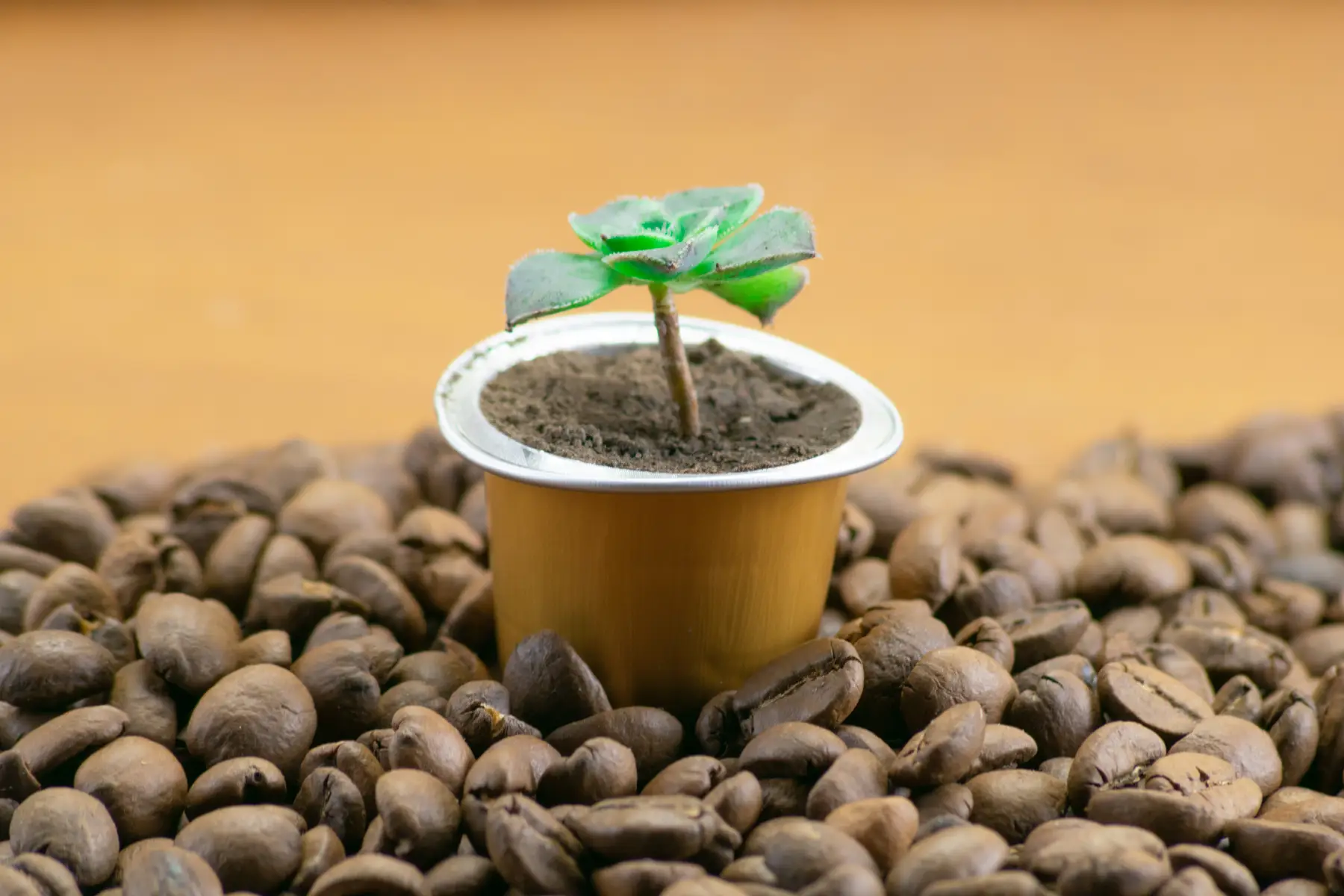
Coffee Capsules
With our granules, we make ECOSTAR Bio coffee capsules from compostable and renewable raw materials, a fully compostable and biodegradable material that incorporates a highly innovative technology that ensures the long-term preservation of coffee fragrance and characteristics. It is also characterized by good fluidity and resistance to high temperatures.
Approved for food contact and can be processed on standard injection molding machines and molds. It is made from natural materials obtained from the fermentation of plant substances, to be disposed of along with food waste.
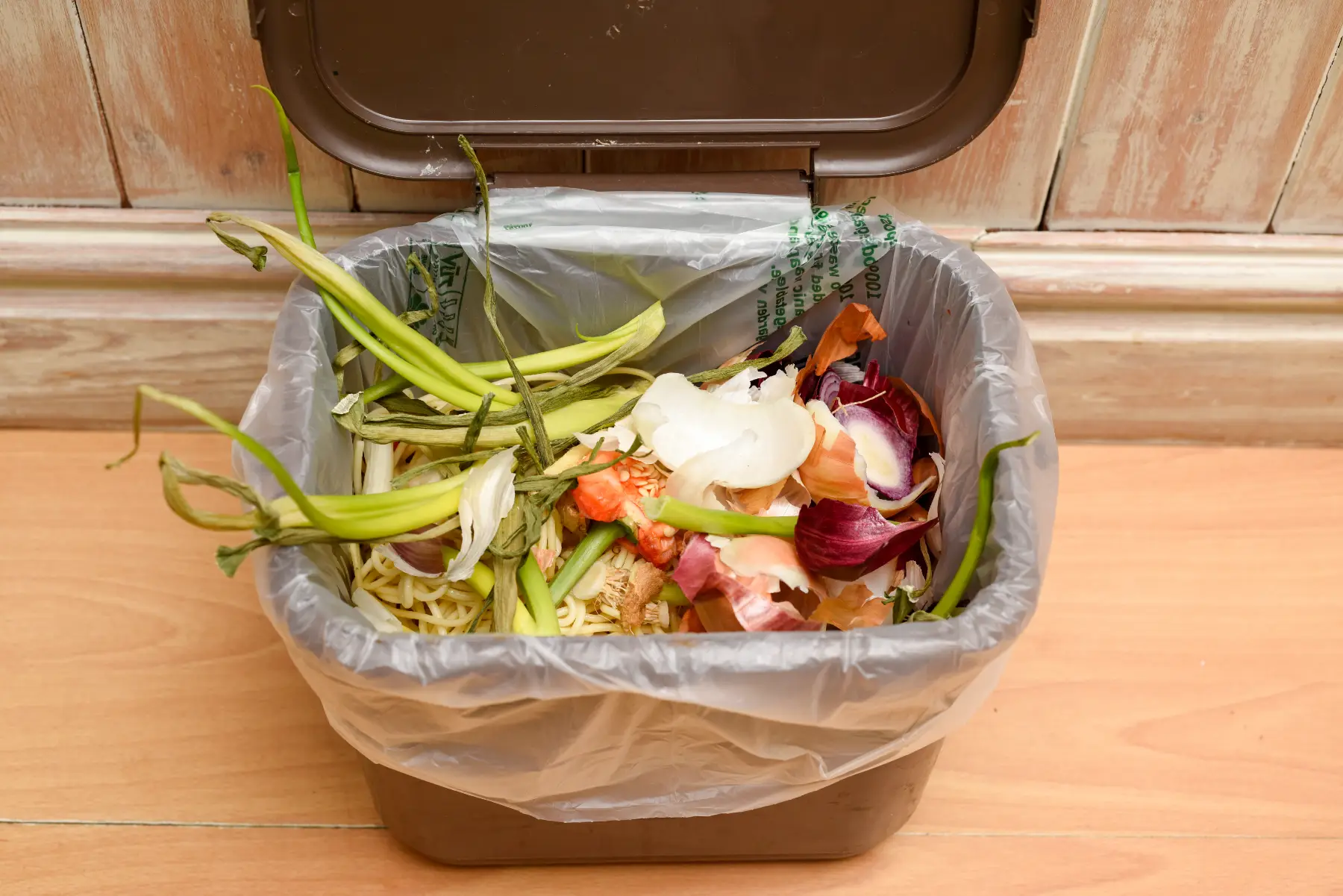
Recycling
Food leftovers, green waste, fruits, vegetables, eggshells, food scraps: all of this is wet waste! It is that fraction of municipal solid waste that we are used to collecting in the brown bin inside biodegradable and compostable bags.
Compostability is a term that refers to products that, after use, can be placed with organic waste and recovered in composting plants. In fact, through the composting process, kitchen waste, garden waste, and compostable products are transformed into a new material called compost.
The terms biodegradable and compostable are often used synonymously. In reality they represent two distinctive characteristics of materials.
